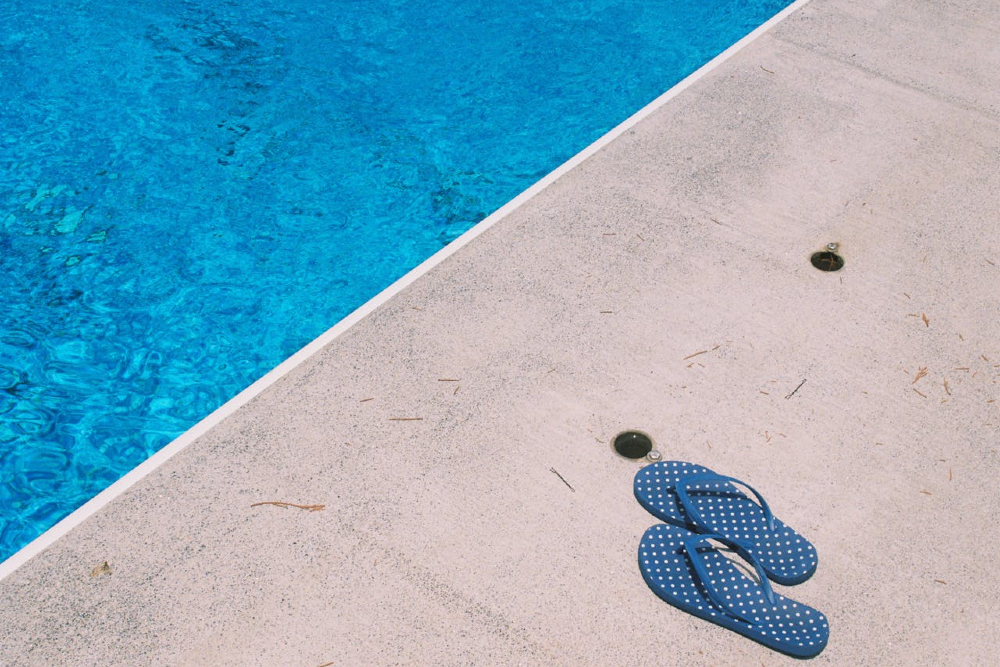Drowning Lawsuits in Ohio | Negligence, Liability & Settlements, Explained

Drowning accidents are one of the most tragic and avoidable reasons for unintentional death in Ohio.
When a loved one drowns because of someone else’s carelessness, the emotional pain is worsened by the challenges of taking legal action.
At The Jones Firm, we understand the devastation that comes after a drowning incident and are dedicated to supporting families through the legal journey with empathy.
Who Can Be Held Liable in Drowning Accidents?
In a drowning lawsuit, the victim’s family will need to show that the defendant acted negligently. Negligence means the property owner or person in charge owed a duty and failed to take reasonable steps to help prevent foreseeable harm.
Here are some examples of parties who could be held responsible in drowning cases:
Apartment Complexes
Landlords may be responsible if a pool, hot tub, or pond on their property is not properly fenced, gated, or secured. They may also be responsible if they don’t have lifeguards or supervision.
Public Pools & Resorts
Hotels, waterparks, and other recreational businesses may be liable for drowning injuries resulting from negligent supervision. They might also be responsible for known physical defects, such as broken slides, suction drains, or wave pools.
Camps
Daycares and summer camps are responsible for supervising children around water and may be sued if lack of supervision results in a child’s drowning.
Manufacturers
Makers of pool equipment, flotation devices, and toys may be sued if their products are faulty or dangerous. Not providing sufficient warnings can also lead to liability.
Elements of a Drowning Lawsuit in Ohio
To win compensation in an Ohio drowning case, the victim’s family must prove three important things:
Duty
In general, property owners owe a duty to guests to maintain their property in a reasonably safe condition. However, no duty is generally owed to warn of an “open and obvious” condition and there is no general duty to supervise or warn relating to pools.
Therefore, homeowners are not liable for drowning injuries caused by a failure to warn or supervise unless there was a known hidden danger that caused the injury. Other entities, such as commercial apartment complexes, may owe heightened duties to tenants and guests under Ohio’s Landlord-Tenant Act or other statutes.
Breach
As mentioned before, there needs to be proof that the defendant failed to take important safety measures. For example, if an apartment complex failed to properly fence a pool.
Causation
The person suing must show the defendant’s negligence directly caused or significantly contributed to the drowning death. There must be a clear link between the careless action and the deadly accident.
Damages
The surviving family has suffered real losses, from medical and funeral bills to loss of future income and companionship. Winning drowning cases leads to compensation for these losses.
Wrongful Death Claims in Fatal Drownings
When negligence leads to death, families in Ohio may file a wrongful death lawsuit. Certain family members like spouses, children, and parents of victims may bring these claims.
Wrongful death lawsuits aim to recover damages like:
- Lost future earnings and benefits
- Loss of companionship and guidance
- Funeral and burial costs
- Mental anguish
Settlements in wrongful death drowning cases often reach millions. The actual value varies based on factors like the victim’s age, earnings, and closeness of the family relationship.
Statute of Limitations in Ohio
Under Ohio law, wrongful death claims must be filed within two years from the date of death. It is important to move quickly and speak to a lawyer right away if you lose a loved one in a drowning accident. Valuable evidence can disappear over time, and you do not want to risk missing the deadline to file a lawsuit.
Contact The Jones Firm for Compassionate Legal Representation
Losing a child or loved one in a drowning accident is very painful. You deserve answers and justice. The caring personal injury lawyers at The Jones Firm are here to help. Call us today for a FREE consultation, or visit our website to learn more. With offices in Columbus, we help people all over Ohio.
Don’t wait to get the legal help you need during this difficult time. Call now or contact us online to take the first step toward justice and recovery. Our entire team extends our deepest sympathies to you and your family.



